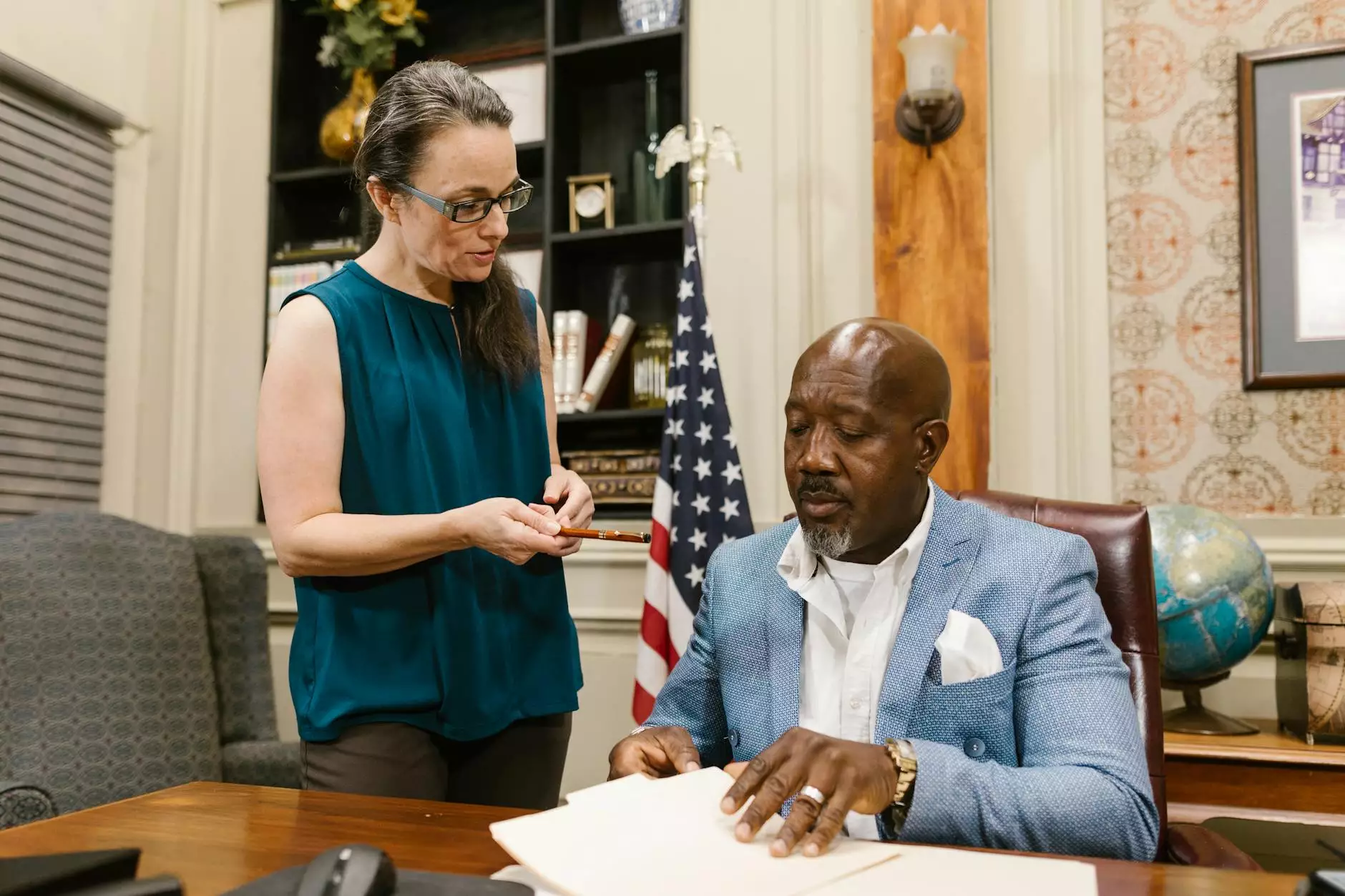Understanding Florida Self-Defense Laws
Criminal Defense
Introduction to Florida Self-Defense Laws
As we navigate through life, it is crucial to be aware of the legal repercussions surrounding self-defense. Being knowledgeable about Florida self-defense laws not only empowers you to protect yourself but also ensures that you remain within the boundaries of the law.
The Importance of Self-Defense
Self-defense is a fundamental right that allows individuals to defend themselves from harm when threatened by another person. Understanding the intricacies of Florida self-defense laws is crucial to ensure that you can exercise this right effectively.
Key Elements of Florida Self-Defense Laws
Florida self-defense laws are primarily defined under Florida Statute 776.012 - Justifiable Use of Force. To protect yourself within the legal boundaries, it is essential to familiarize yourself with the key elements outlined below:
1. Stand Your Ground Law
Under the Stand Your Ground law, individuals in Florida have no duty to retreat when faced with a threat. If you reasonably believe that your life is in danger or facing great bodily harm, you have the right to defend yourself, including the use of deadly force.
2. Castle Doctrine
Florida also upholds the Castle Doctrine, which allows individuals to use force, including deadly force, to protect their homes or occupied vehicles from intruders. This law recognizes that your home and vehicle are your domain, and you have the right to defend them.
3. Reasonable Belief
To assert self-defense, you must have a reasonable belief that the use of force is necessary to counteract the imminent threat posed against you. This subjective belief, based on the circumstances at hand, is an important factor for your actions to be considered justifiable.
4. Proportional Response
Florida self-defense laws emphasize the proportionality of the response. The amount of force used must be reasonable and proportionate to the perceived threat. You cannot use excessive force that goes beyond what is necessary to protect yourself.
5. Duty to Retreat
Florida follows the Stand Your Ground law; however, it is important to note that if you have the opportunity to safely retreat without endangering yourself, it is prudent to do so. This helps establish your actions as genuinely resulting from an imminent threat.
Consult with John Hugh Shannon for Expert Legal Guidance
Navigating the complexities of Florida self-defense laws can be overwhelming, which is why consulting with an expert like John Hugh Shannon can provide valuable insights. With his extensive experience in law and government, John Hugh Shannon can guide you through the nuances of self-defense laws, ensuring you understand your rights and responsibilities.
Conclusion
Gaining a comprehensive understanding of Florida self-defense laws is crucial for everyone. By familiarizing yourself with these laws, consulting with experts like John Hugh Shannon, and staying informed, you can protect yourself effectively while remaining within the legal boundaries. Remember, knowledge is power!




